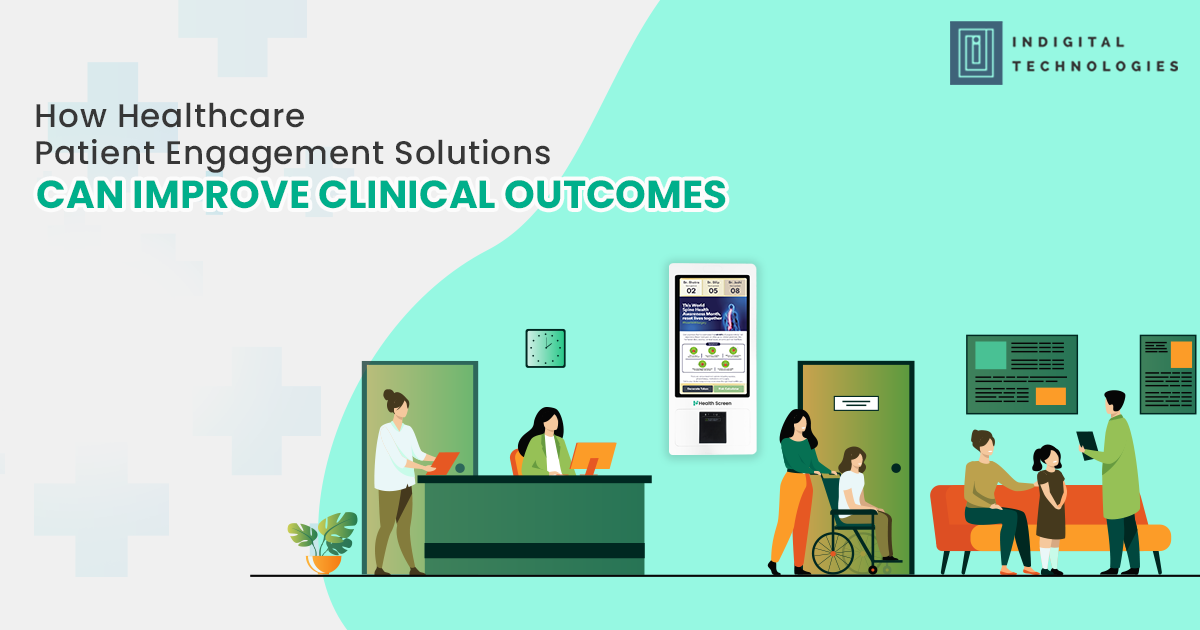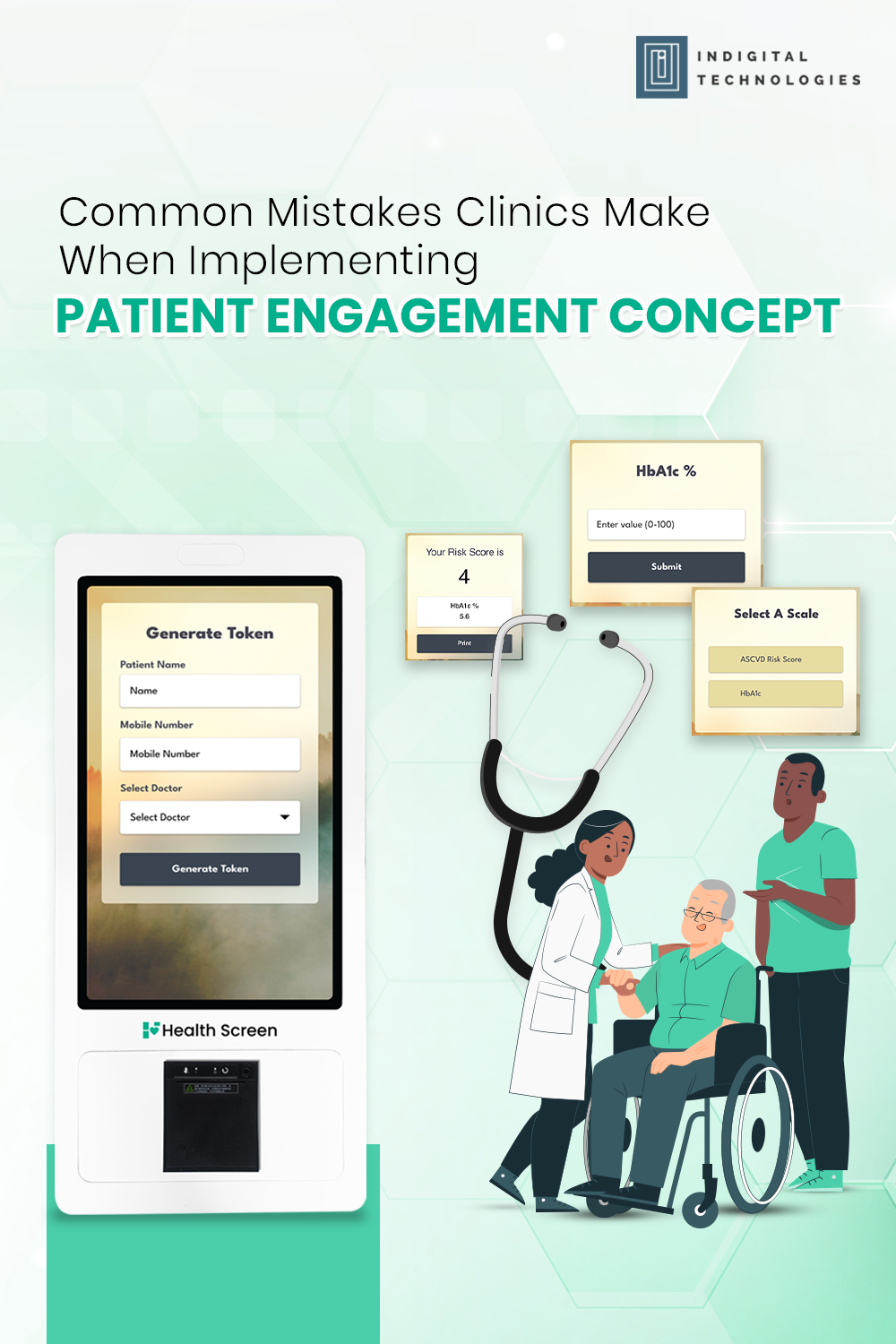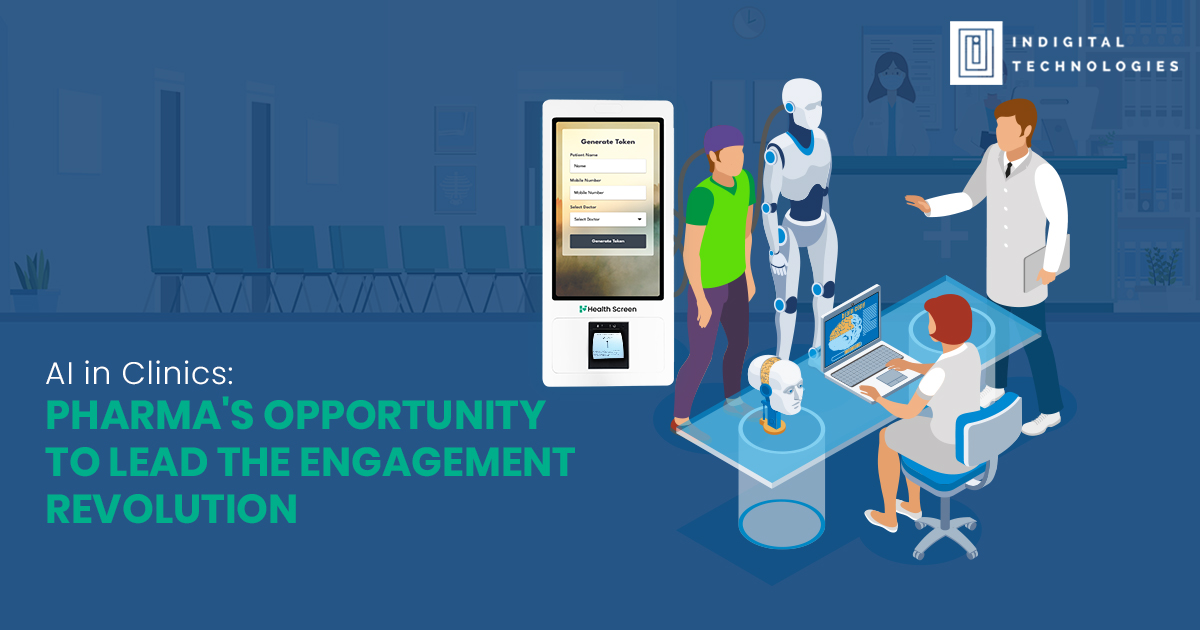Good medicine has always been about more than prescriptions and procedures. It’s about connection, communication, and empowering patients to play an active role in their health journey. In 2025, healthcare patient engagement solutions are making it easier than ever to achieve these goals — and they are delivering measurable improvements in clinical outcomes.
For doctors and pharma managers who prioritize both excellence and innovation, understanding this link is critical to shaping the future of healthcare.
Moving Beyond Traditional Care Models
Historically, patient engagement was limited to what happened within the clinic walls. Doctors would explain a diagnosis, prescribe a treatment, and hope patients adhered once they left.
But today’s healthcare environment demands more. Patients face countless distractions and challenges that can derail their treatment plans. Engagement solutions bridge this gap by providing ongoing support, reminders, and education outside of the consultation room.
The result? Patients stay more informed, more motivated, and more compliant — key ingredients for better clinical results.
How Engagement Directly Impacts Outcomes
1. Improved Treatment Adherence
Adherence is a persistent challenge in healthcare. Studies show that many patients fail to complete prescribed treatment plans, especially for chronic conditions like diabetes, hypertension, and asthma.
Healthcare engagement platforms address this by:
- Sending timely medication reminders
- Offering lifestyle management tips
- Encouraging follow-up visits
- Motivating patients through positive reinforcement
When patients stick to their treatment plans, outcomes naturally improve — fewer complications, reduced hospitalizations, and better quality of life.
2. Early Detection of Issues
Through feedback surveys, symptom trackers, and digital follow-ups, doctors can identify emerging problems before they escalate.
For example, a simple post-visit survey asking about side effects or medication tolerance can flag issues early, allowing doctors to intervene promptly. Early interventions lead to better prognoses and fewer emergencies.
3. Enhanced Patient Understanding
Healthcare engagement solutions provide educational content in digestible formats — videos, infographics, FAQs — empowering patients with knowledge about their conditions and treatments.
An informed patient is a proactive patient. Understanding the “why” behind their care plans makes patients more likely to follow through, ask relevant questions, and avoid preventable complications.
4. Boosted Mental and Emotional Well-being
Feeling supported has a profound impact on healing. Knowing that their healthcare provider is reachable, responsive, and invested in their journey gives patients a sense of security.
This emotional support often translates into improved physical health outcomes, especially in chronic disease management and recovery from major illnesses.
Benefits for Doctors and Clinics
When patients achieve better health outcomes, doctors experience benefits too:
- Higher patient satisfaction scores
- Fewer emergency consultations
- More predictable clinical workflows
- Enhanced professional reputation
Pharma managers also see indirect benefits, as therapy adherence improves and educational initiatives supported by pharma brands resonate better with engaged patients.
Best Practices for Maximizing Impact
To maximize clinical benefits, doctors should:
- Personalize communication based on patient profiles
- Ensure engagement tools are easy to access and navigate
- Encourage two-way communication for better feedback
- Monitor engagement analytics to identify patterns and optimize strategies
Choosing a healthcare engagement platform that blends seamlessly into daily operations without overwhelming staff is crucial for long-term success.
The Future: Connected Care Ecosystems
In the coming years, healthcare will become even more interconnected. Engagement solutions will integrate with wearables, telehealth platforms, and AI-driven diagnostics — creating a true continuum of care.
Doctors who embrace engagement technology today are laying the foundation for future-ready practices that deliver not only better patient experiences but also superior clinical outcomes.
Conclusion
In modern healthcare, patient engagement is no longer a “nice to have” — it’s a “must-have.”
When healthcare providers actively engage their patients through digital platforms, they create a virtuous cycle of education, adherence, early intervention, and emotional support — all of which contribute to significantly improved clinical outcomes.
In the hands of committed doctors and forward-thinking healthcare managers, patient engagement solutions are transforming good care into great care.




